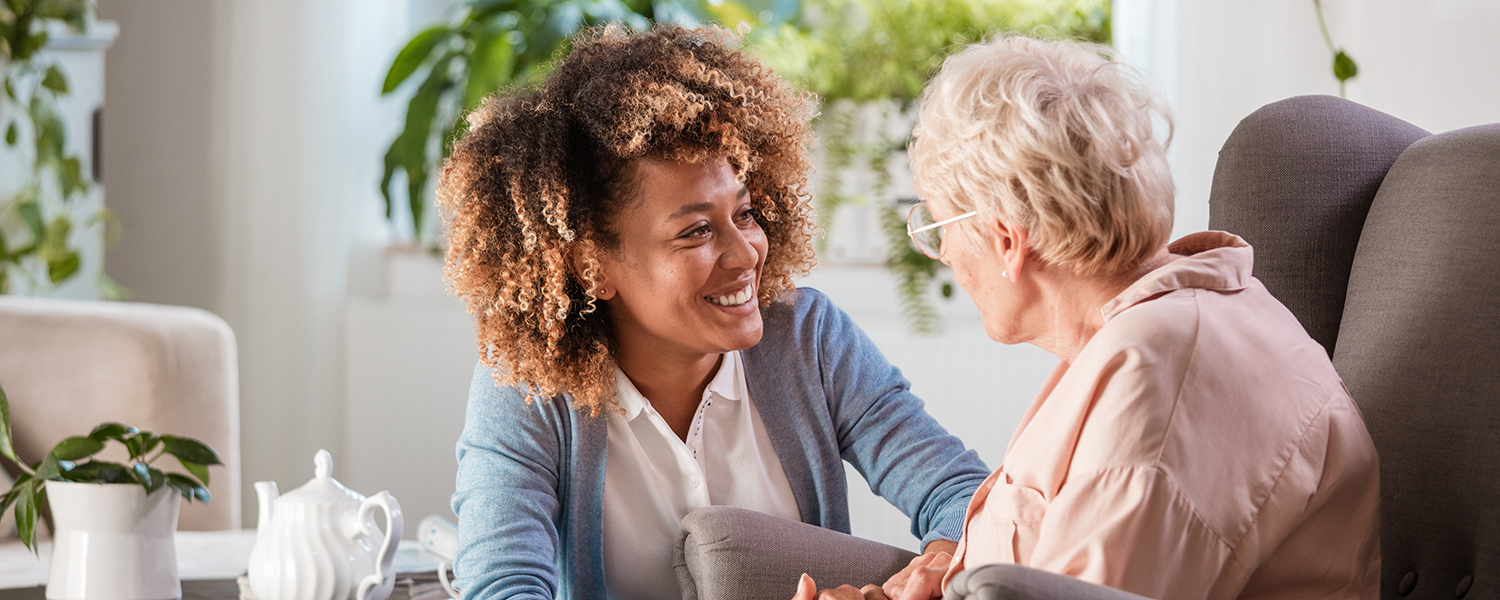
Helping Your Loved Ones Understand the Benefits of Home Care
If you’ve been considering home health care for a loved one – the hardest part may be explaining it to them. Although in-home care has many benefits, some patients feel they don’t need in-home assistance, believing they can care for themselves or heal on their own. If you’re a caregiver considering home care for a loved one who’s resistant to the idea, here are some points to help them understand the benefits of getting the care they need to feel better, without leaving the comfort of home.
- Safety supervision for older adults:
If your loved one has been deemed a high fall risk following a fall risk assessment or needs stand-assist devices, arranging in-home caregiving may be a smart strategy. While personal care and companionship services for the elderly may initially feel like a loss of control, they actually offer crucial support, particularly for those with Alzheimer’s, dementia, or recovering from surgery or a fall. Discussing this transition can be challenging, but is invaluable. Try to explain how important help with medication management, meal reminders, and self-care can be. Emphasize any safety incidents, such as leaving a stove unattended, as reminders. By discussing the benefits of in-home caregiving and aging in place together, your loved one will know they are a crucial part of the decision-making process. - Regular monitoring and management of chronic illnesses:
Individuals with chronic illnesses and diseases such as diabetes, COPD, Multiple Sclerosis, and other ailments may require regular monitoring and management of their conditions. For COPD patients, at-home care with a respiratory therapist can provide them with the medical attention they need while enabling them to maintain their independence. Multiple Sclerosis patients can receive physical, occupational, and speech therapy right in their living room. Patients with diabetes can be monitored closely for glucose and insulin injections. When discussing in-home care for your loved one, let them know they can collaborate with their physicians to create a unique plan personalized just for them. - Helping patients with disabilities:
Whether it’s a new challenge or one that’s evolving, caring for a loved one with a disability demands specialized attention and support. In-home care can aid with essential tasks like eating, bathing, and dressing as well as providing emotional support alongside physical assistance. The nature of care may fluctuate from week to week and month to month, and so do the resources available to you. This adaptive approach gives you and your loved one peace of mind that they will live with as much privacy and freedom as possible. - Post-Op & rehabilitation:
Showering, getting dressed, and moving around after surgery can be exhausting. If your loved one is recovering from surgery, at-home health care can help them rest and focus on healing. Hiring an experienced caregiver to help them manage pain, monitor vital signs, and care for wounds not only helps prevent complications, it offers reassurance to you, their loved one. Several studies have shown that patients under in-home nursing care experience fewer re-injuries and complications. Whether recuperating from major surgery or cosmetic procedures, care in the comfort of home offers compassionate support tailored to your loved one’s needs.
Your loved one can count on you to prioritize their care and well being. But who do you count on to support you? Health Care Connectors is here to provide an appropriate caregiver so your loved one can enjoy an improved quality of life while preserving their dignity and independence.
Our comprehensive services include private duty nursing, offering flexibility for short or long-term care needs without eligibility restrictions. Whether your loved one requires a brief visit or around-the-clock care, our qualified Registered Nurses (RNs) and Licensed Practical Nurses (LPNs) are here to provide compassionate care in the comfort of your home. These and other services allow you to give them the care they need while also taking the breaks you need.
For many individuals, getting clinical care from home can make all the difference in their comfort and peace of mind. Call 203-489-0919 to learn more, or contact us here.



